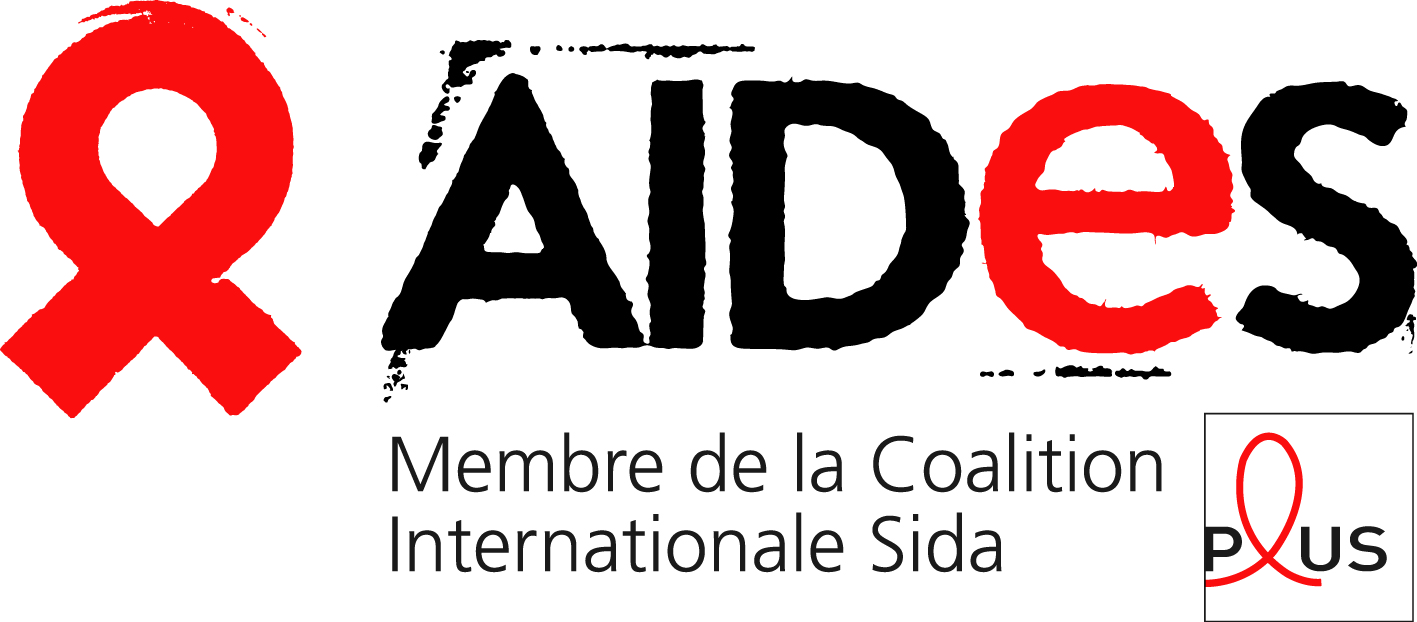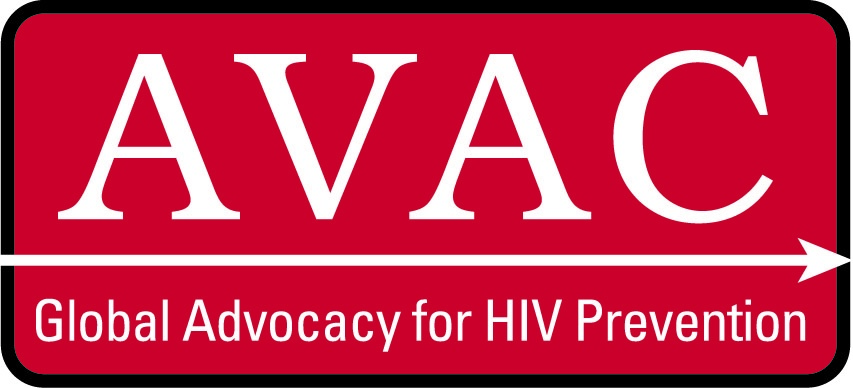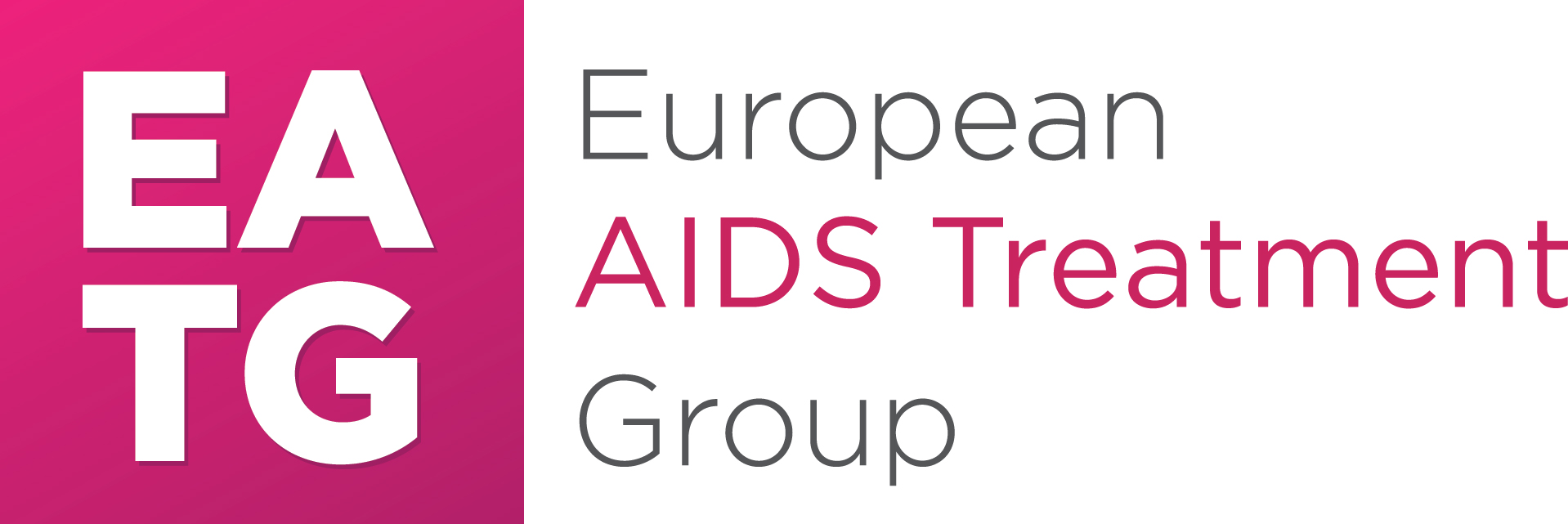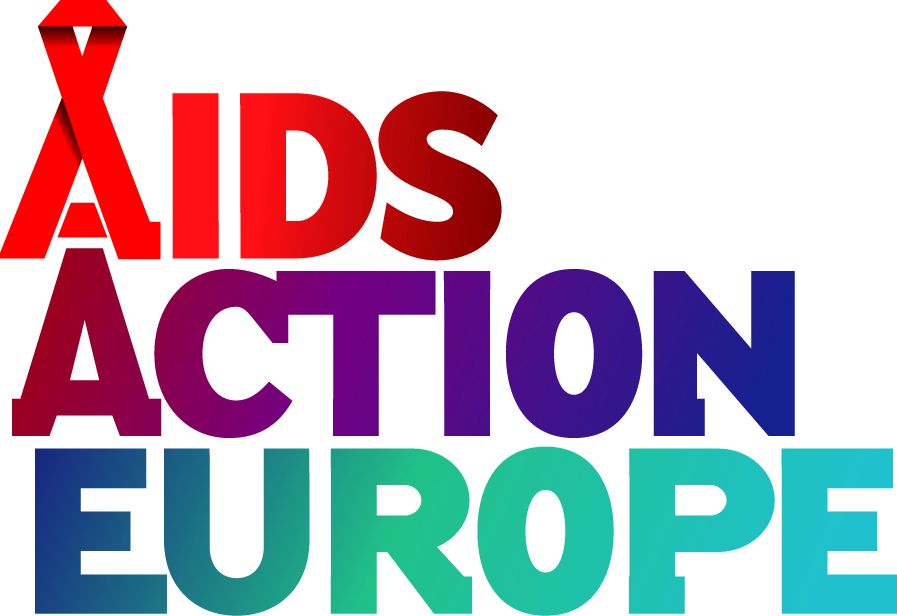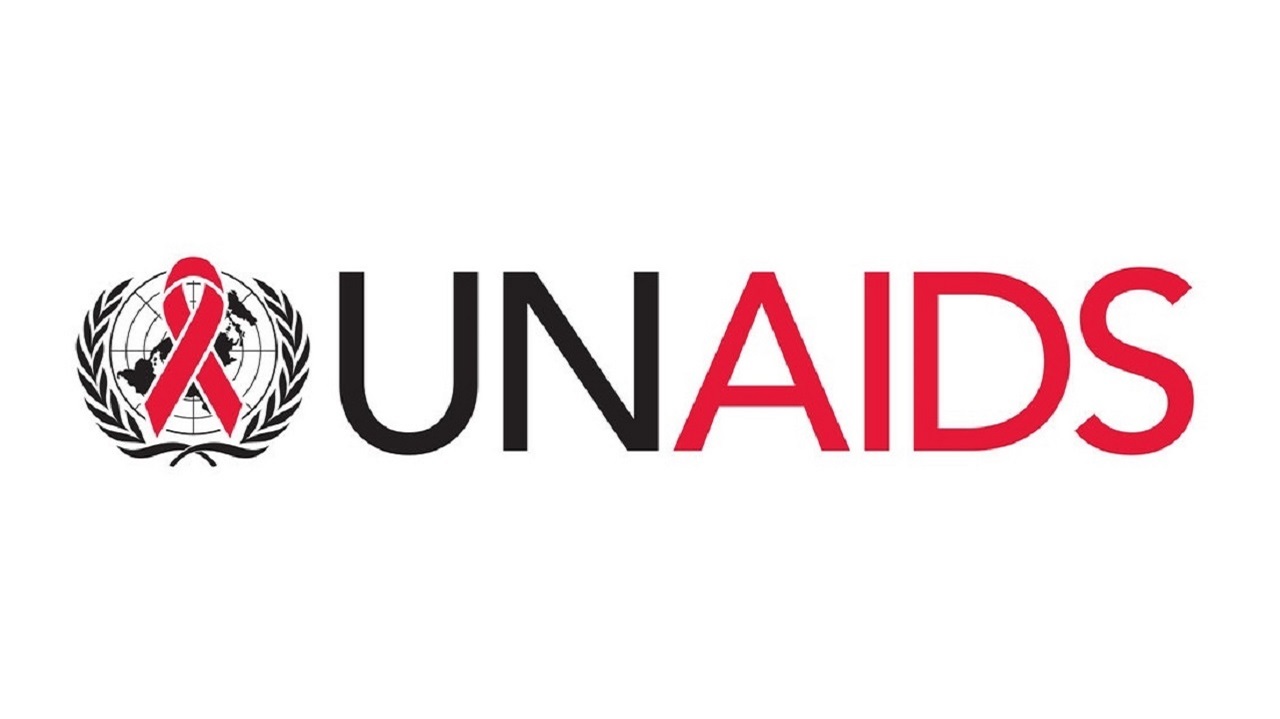Programme updates
All slide presentations made at the conference have been uploaded to the presentations page.
Dr Luiz Loures was unfortunately not able to make the opening address due to an urgent UNAIDS meeting in Geneva. Instead Dr Tim Martineau, the Director of Fast-Track Implementation at UNAIDS, made the opening address.
Dzmitry Filippau was unable to attend and he and we thank Vitaly Andres for stepping in to make the presentations for Ukraine.
AIMS OF THE SUMMIT
Delegates will be better able to engage in activity designed to accelerate progress towards the implementation and
rollout of free or subsidised PrEP in countries across Europe. Progress towards the equitable provision of PrEP to all individuals
and populations in need of it will be accelerated.
Download a PDF version of the programme here.
Summit information and logistics.
Friday 09 February
Today, in a series of presentations and panels, the Summit will hear about the current state of PrEP provision in Europe – including places where it is not yet provided.
The session will deal with the following core questions: What is the extent of need for PrEP in Europe? Are there factors in common that have facilitated PrEP provision where health systems do provide it? Is provision the same as usage? Are there common barriers to its provision, or are they country-specific? Are there imaginative solutions to provision where healthcare-system provision is not possible/available?
• The PrEP in Europe Steering Committee
• Louise van Deth, Executive Director, Aidsfonds
• Gus Cairns, Co-ordinator, PrEP in Europe
Luiz Loures, Deputy Executive Director, UNAIDS
QUESTIONS PLENARY PRESENTERS will address:
• What is the extent of need for PrEP in Europe?
• To what extent are these needs being met?
• What is the current state of PrEP activism and awareness in Europe?
FACILITATOR: Harriet Langanke, Germany
Yannis Mamaletzis, WHO
Will Nutland, PrEPster
QUESTIONS session presenters will address:
• In countries with PrEP programmes, what worked?
• Are there factors in common?
• How do we increase appropriate demand?
FACILITATOR: Henning Mikkelsen, Denmark
Daniela Rojas Castro, Coalition Plus
Richard Stranz, AIDES
Discussants:
George Valiotis, HIV Scotland
Leif-Ove Hansen, HIVNorge
Mark Sergeant, Sensoa
QUESTIONS session presenters will address:
• Are there imaginative solutions to PrEP provision other than full rollout? Or are these second-best?
• Is there a route from these to full provision through the health service?
• Is there a need for demand/expectation management?
FACILITATOR: Apostolos Kalogiannis, Greece
Yusef Azad, National AIDS Trust
Dirk Sander, Deutsch AIDS Hilfe
Discussants:
Yusef Azad, Dirk Sander plus Ferran Pujol Roca and Michael Meulbroek, PrEP-Point Barcelona
QUESTIONS session presenters will address:
• What possibilities exist for PrEP provision in Central and Eastern European countries?
• Are there opportunities as well as barriers? Does online PrEP present more, or less of an opportunity than elsewhere?
• How can we get healthcare workers on our side if they are not sympathetic?
FACILITATOR: Will Nutland, England
Discussants:
Miran Solinc, ŠKUC, Slovenia
Robert Hejzak, AIDS Pomoc, Czech Republic
Zoran Dominkovic, Iskorak, Croatia
Discussants:
Dzmitry Filippau, MensDRAV, Ukraine
Giorgi Soselia, Health Ministry, Georgia
Nikolay Lunchenkov, AIDS Centre Foundation, Moscow, Russia
• Themes emerging from the day
• Questions to consider for breakout session tomorrow
• Dinner information
Gus Cairns, England
Three-course dinner + 2 drinks + water complimentary to all attendees. Enjoy drinks at the IJ-Kantine bar beforehand (not complimentary) while the room is re-set from conference hall to restaurant.
Saturday 10 February
Today, the Summit will first of all use a breakout session so that all participants can discuss the themes that emerged yesterday afternoon and draw together some conclusions. The breakout session’s discussions will be drawn together by group facilitators who will draw up a set of notes on the group discussions.
They’ll have’s two core questions at heart:
• WHAT ARE THE BARRIERS TO THE WIDER PROVISION OF PrEP?
• WHAT ARE THE BEST STRATEGIES TO GET THERE?
Gus Cairns, England
With yesterday’s discussions and case studies in mind each group will devise a 5-minute summary on the opportunities, barriers and challenges for PrEP in Europe.
Questions to be addressed include:
• What do countries have in common and how they differ?
• What strategies help?
• Who are our allies?
• Who are our opponents and how do we win them round?
• How should PrEP develop in the future?
There will be seven groups of 16 people each, plus a facilitator for each group. Two groups each will centre their discussions on one of three topics:
Groups Red and Orange:
• What are the strongest facilitators to PrEP provision?
• Are there common factors in countries that have achieved access?
• Who are our allies?
Groups Yellow and Green:
• What are the strongest barriers to PrEP?
• Are there common factors in countries that haven't yet achieved access?
• Who are our opponents?
Groups Blue and Purple:
• What are the most effective strategies to overcoming these barriers?
• Who do we need to engage as allies?
• What are our best arguments?
Group Pink:
The future of PrEP. How will:
• What PrEP is
• How it is provided
• Its public image and people’s awareness of it
- need to change if it is to reach more people and have more effect?
Each facilitator or group rep will present the main points of their group's discussion. These will form the basis of a post-summit statement.
Facilitators:
• Will Nutland, England
• François Pichon, Denmark
• Diogo Medina, Portugal
• Cindra Feuer, USA
• Rosalind Coleman, Switzerland
• Shamal Waraich, England
• Richard Stranz, France
The rest of Saturday we will explore wider questions of extending PrEP provision and awareness in Europe.
QUESTIONS this session's presenters will address:
Many people in addition to men who have sex with men (MSM) would benefit from PrEP. Some belong to groups with very high risk whose needs have been under-served. Others belong to populations at low risk but where individual circumstances may add up to vulnerability.
• How do they access medical/sexual health care, and how can PrEP be incorporated?
• How do we educate practitioners who may see them?
• How do you recommend PrEP to someone who is at risk of HIV but does not identify as such?
• Are there lessons to be learned from projects in other parts of the world?
FACILITATOR: Esther Dixon Williams, England
Harriet Langanke, GSSG, Köln, Germany
with contributions from:
Sophie Strachan
Jacqui Stevenson
Winne Sseruma, England
Michelle Ross, CliniQ, London, England
with contributions from Kate Nambiar, Brighton, UK
Marc Thompson, PrEPster
QUESTIONS this session's presenters will address:
This session looks at how to stage PrEP access so that if people are in need of it, they know about it, and knowledge is able to progess to inquiry, demand, and appropriate use.
• What are the key messages we need to give people who are anxious about their sexual health?
• How do we provide a regular, friendly and reliable PrEP service, in different settings, that people will use regularly and beneficially?
• How do we combat false information, stigma and shame?
• How do we provide a service that is respectful and confidential, yet informs all who need it?
FACILITATOR: Martin Viehweger, Germany
Elske Hoornenborg, Public Health Service of Amsterdam
Michael Brady, King's College Hospital, London
With help from Jean-Michel Molina and Jade Ghosn, Paris
Nikolay Lunchenkov, AIDS Centre Foundation, Moscow, Russia
Dzmitry Filippau, MensDRAV, Ukraine
Greg Owen, IWantPrEPNow
With contributions from Phil Joffe, Dynamix International
QUESTIONS this session's presenters will address:
While the previous session looks at provision, this looks at knowledge and at creating appropriate demand.
• How do we spread the word about PrEP to people who may need it, especially non-MSM?
• How do we create interest in its potential while managing expectations?
• How do we alert professionals outside the HIV field and appropriately engage other members of the public?
• How do we enlist the energy of activists working with other populations?
• And finally, how will we use this Summit to spread the word?
FACILITATOR: Giulio Maria Corbelli, Italy
Discussants:
Alex Garner, Senior Health Innovation Strategist, Hornet
Matthew Hodson, Executive Director, NAM Aidsmap
David S Novak, Managing Director, OLB Research Institute @ Online Buddies, Inc.
FACILITATOR: Gus Cairns
